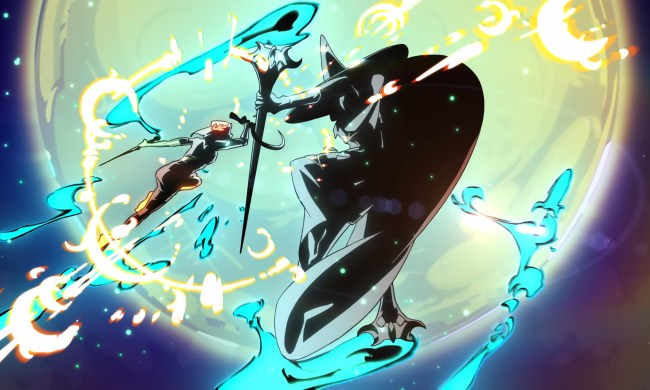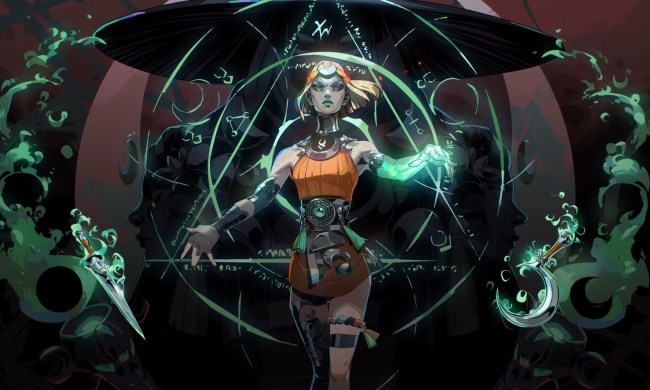Gamers and the gaming industry are in a perpetual battle. The industry wants to make as much money off of players as it can, and players want as much high-quality content for as little money as possible. Every now and then, a publisher will test out some new way to make money, perhaps with DLC, paid cosmetics, or dreaded loot boxes. Generally, those moves are met with outrage — but not always.
One monetization attempt that we have been quick to slap down is anything that is seen as “pay-to-win.” Players can deal with paid cosmetics and DLC content, but the second there’s a whiff in the air that a game is selling some sort of advantage — it’s blood in the water. That’s why I find it so strange that a trend is coming back and, for whatever reason, it isn’t being lambasted as it was in the past. That would be requiring players to pay for early access to games.
Lame marketing ploy

Paying to get a game early is not a new trick for the gaming industry. I clearly remember the lead-up to Deus Ex: Human Revolution and the entire debacle surrounding its pre-order structure. This scheme, called “Augment your pre-order,” had multiple tiers of rewards that unlocked as more people pre-ordered the game, with the final level being the game releasing four days early.
After a major outcry from, well, everyone, the stunt was shut down after just about a month. Aside from the “I never asked for this” memes, the biggest complaint was the early access being restricted to only those who pre-ordered — and only if enough people pre-ordered at that. Whether other companies took note of this massive marketing failure, or I’m giving the community too much credit, we haven’t had to deal with this marketing ploy for the last few years.
Same story, different ending

Two massive games just hit with an arguably worse form of this early access tactic: Forza Horizon 5 and Battlefield 2042. Let’s start with Forza. This is a Microsoft first-party game, meaning it would be free on Game Pass the day it comes out. However, there were also two ways to get the game four days early (sound familiar?). The first is to pre-order the Premium Edition, which costs $100, and the second is to pre-order the $50 Premium Add-Ons Bundle DLC. Hardly anyone batted an eye at these offerings. Perhaps it was because the game was also “free” with Game Pass, or because the game itself turned out great, but the public reaction was much more positive than what we saw with Deus Ex.
Now that the game is actually out, Microsoft is celebrating how many players the game has attracted. According to in-game metrics, around 800,000 people played the game in its early access period, meaning they spent either $50 or $100 for the privilege. That rubs me the wrong way. Forza Horizon 5 has a big multiplayer component, so isn’t it unfair to anyone not willing to shell out that extra cash to have to compete on “day one” against someone who already spent 20 hours learning the game?
Battlefield 2042 offers a much more obvious example. The game officially launched on November 19, but those with an EA Play Membership or Game Pass got a 10-hour trial as early as the 12th. Anyone with EA Play Pro or those who pre-ordered either the Gold or Ultimate Edition flat-out got the game on the 12thg. That’s a full week early for a multiplayer shooter! That means that some players got an entire week to not only learn the game, but level up and unlock new weapons and tools.
If that wasn’t shady enough, there’s also the fact that Battlefield 2042‘s other beta period didn’t exactly instill much confidence in anyone who tried it out. The game was criticized for how many bugs and technical issues it still had to work out. The incentive to pre-order an expensive special edition to play the game early feels like an attempt to lock down people’s money before they find out whether or not the game is good. You can bet plenty of people who gave EA their money to get the game early would have thought twice and waited for the game to get fixed if they had been able to see reviews and impressions.

This strategy of paid early access is most egregious for multiplayer games, but single-player games aren’t safe either. In fact, we have already seen it happen with the likes of Persona 5 Strikers. While it’s technically a spinoff, it’s a sequel to Persona 5, which is a very story-focused game. If you were worried about spoilers leaking, you were kind of forced to pay for early access, which doesn’t benefit anyone but the publisher. You can pay and risk spending a lot of money for a game sight unseen that may not be so great, or wait and either be at a competitive disadvantage, risk the game getting spoiled, or both.
Is this something we’re just OK with? Because now’s the time to speak out if that’s not the case. If this becomes normal now, there’s no going back.



